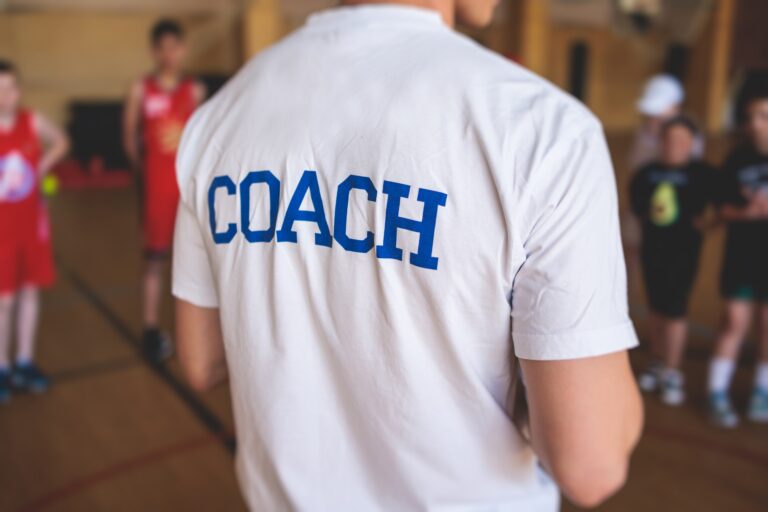It can cause devastating physical, emotional and psychological damage that stays with a person throughout their life.
Learning how to spot child abuse could be crucial in helping stop the abuse from continuing. However, it can be difficult to spot the signs; they aren’t always obvious, and some children may actively try to hide what’s happening to them. Sometimes, children might not even realise that they are going through abuse.
What’s more, children develop and mature at different rates. What is worrying behaviour for a younger child might be normal for an older one. Generally speaking, if a child is exhibiting behaviour beyond their years, or, on the other hand, developing slower than their peers, it could be a sign they are being abused.
With all this in mind, we’ll take you through some indicators that could potentially mean a child is going through physical abuse, emotional abuse, sexual abuse or neglect.
How to identify signs of physical child abuse
Physical child abuse is the action of deliberately causing physical harm to a child. You may be able to spot if a child is being subjected to physical abuse if:
- they have unexplained, recurrent injuries, marks or burns
- they have injuries that have not received medical attention
- they attempt to cover their injuries even in hot weather, including a reluctance to change for, or participate in games or swimming
- they have a fear of physical contact and shrink back when touched
- they are unresponsive to their surroundings but clearly aware of them (known as frozen watchfulness)
How to spot signs of child sexual abuse
Child sexual abuse is when a child is forced or coerced into taking part in sexual activities or shown sexual imagery. You may be able to spot if a child is going through sexual abuse if they exhibit:
- an excessive preoccupation with sexual matters, or inappropriate knowledge of adult sexual behaviour
- extreme emotional reactions, mood swings, or unexplained outbursts
- attempts at self-harm, suicide, running away or overdose
- symptoms of depression or eating disorders like anorexia or bulimia
- difficulty sleeping, with fears, phobias or vivid dreams of a sexual nature
- personality changes such as becoming insecure, withdrawn, isolated or clingy
- repeated medical problems, particularly in the genital area, that may suggest a venereal disease
It’s natural for children to be sexually curious, so you may find them talking about sexual topics or exhibiting sexual behaviours. Sexual health and well-being charity Brook has created a handy Traffic Light Tool for Sexual Behaviours in Children, to make it easier to determine whether a child’s sexual behaviour is normal for their age.
How to identify signs of emotional child abuse
Emotional child abuse, which might also be called psychological child abuse, is wide-ranging and covers any abuse that has a negative effect on the child’s emotional wellbeing. This could include bullying a child, isolating them or terrorising them. You may be able to spot if a child is suffering emotional abuse if they exhibit:
- reduced physical, mental or emotional development
- clingy behaviour, extreme shyness or withdrawing into themselves
- seeking adult attention and not mixing well with other children
- sudden underachievement or lack of concentration
- a low self-image, including continual self-deprecation
- depression, anxiety, aggression, changes in mood
- inappropriate response to pain
- sleep or speech disorders
- neurotic behaviour such as rocking or self-harm
How to spot signs of child neglect
Child neglect occurs when an adult responsible for the wellbeing of a child repeatedly fails to meet the child’s needs. You may be able to spot if a child is suffering neglect if they have:
- constant hunger or tiredness
- poor personal hygiene, including dirty skin and body odour
- uncombed, unwashed hair and untreated lice
- clothing that is poorly fitting, unclean or unkempt
- untreated medical problems, illness or infected cuts
- long stretches of time with no supervision
- no social relationships
What to do if you suspect child abuse
The above is only a short outline of the potential signs of child abuse, and there could be other signs of abuse that are equally worrying.
Don’t let anything stop you from protecting a child; they need someone to speak up for them. If you suspect a child is suffering from abuse, please tell someone. You don’t need to be sure or have all the facts and details.
A first point of contact could be the trained helpline counsellors at the NSPCC who can advise you on what to do. Find out the different avenues available for reporting child abuse
















